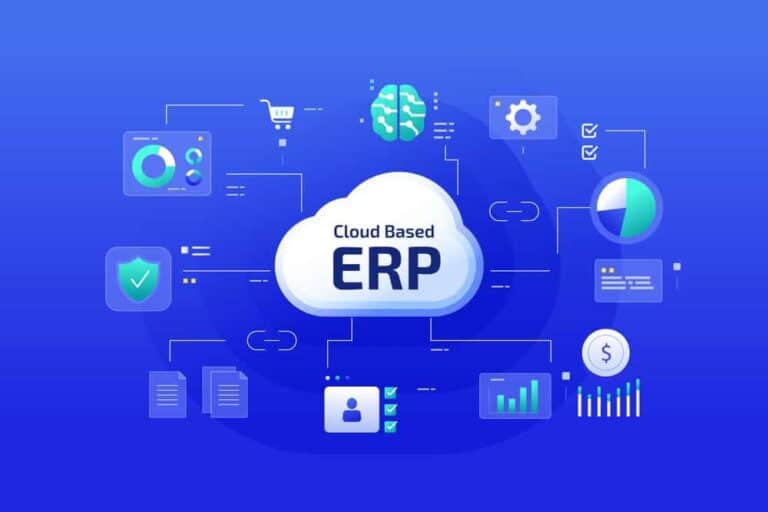For one in three organizations in wholesale and retail, industry, transport and warehousing, high costs are the main reason for not (yet) using an ERP system.
This is evident from the IT impact study by Conclusion MBS and Panelwizard among nearly 500 (co-)decision makers and those with final responsibility in the aforementioned sectors. Other obstacles are having other priorities (24%), the complexity of the implementation (21%) and the fact that there is insufficient need for such a system (21%).
ERP popular in industry
Overall, one in five organizations (22%) is not currently using an ERP system. Of this group, only thirteen percent expect to implement it in the (near) future.
In contrast, nearly half of the organizations (47%) are already using an integrated ERP system to manage their business processes. This system is particularly popular in the manufacturing sector, where three in five organizations (61%) work with it. In the wholesale and retail sector, this is true for 42%, while in the transportation and warehousing sector it is only 30%.
Valuable functionalities
Organizations that use an ERP system do so for a variety of reasons. The most valuable functionality is order processing. Almost half of users (47%) consider this important. Inventory management (45%) and financial management (43%) are also common functions of an ERP system.
René Altena, CTO at Conclusion MBS, reports in an explanation of the research figures that (co)decision makers and those with final responsibility in wholesale and retail, industry, transport and warehousing see various barriers to working with an integrated ERP system. The reasons they cite are striking, Altena believes. According to him, these reservations no longer apply to the latest ERP systems. Especially if you don’t work with an ERP system, you have to deal with high costs, complexity and outdated infrastructure. In the long run, according to Altena, this leads to a lack of knowledge and information.
Also read: Workday tracks AI agent ‘digital labour’ in core systems of record
